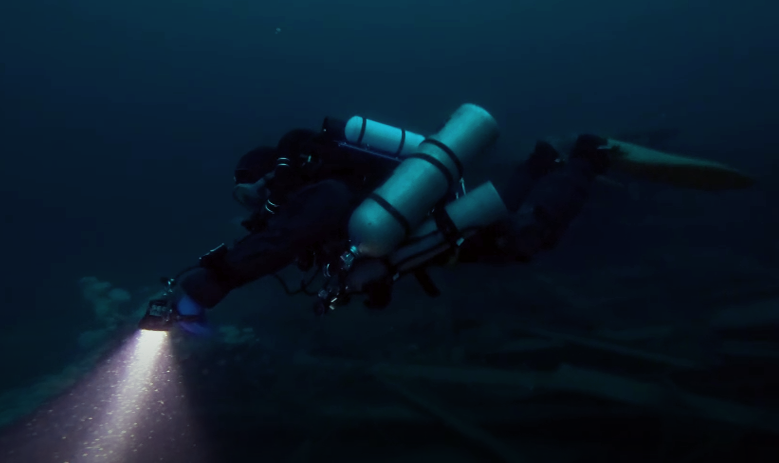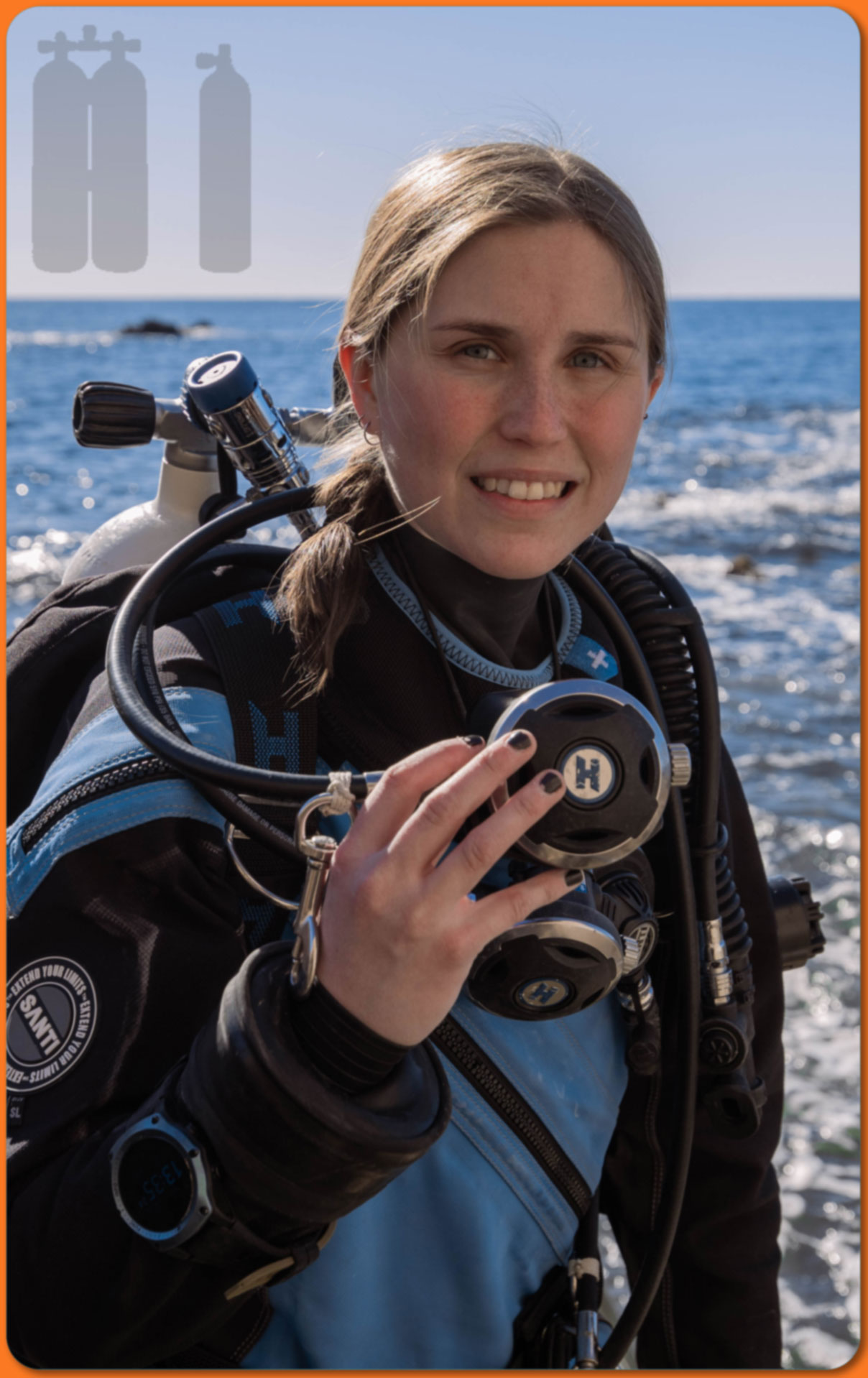CCR, Closed Circuit Rebreather
Closed Circuit Rebreather (CCR) Diver Training is a specialized and advanced form of scuba diving instruction that equips divers with the knowledge and skills to safely and effectively use closed circuit rebreather systems. Unlike traditional open circuit scuba equipment, which releases exhaled breath into the surrounding water, CCR systems recycle and filter the exhaled gas, allowing for longer dive durations and reduced gas consumption.
During CCR Diver Training, divers learn the fundamental principles behind rebreather technology, including gas management, loop maintenance, and understanding the rebreather's various components. The training typically consists of a combination of classroom sessions, practical hands-on exercises, and open water dives under the guidance of experienced instructors.
The classroom sessions cover topics such as rebreather physiology, gas laws, dive planning, decompression theory, and emergency procedures specific to CCR diving. Divers gain a thorough understanding of how rebreathers function and the importance of maintaining and monitoring critical parameters such as oxygen levels, carbon dioxide absorption, and loop integrity.
In the practical training sessions, divers become familiar with assembling, disassembling, and properly configuring the rebreather equipment. They learn how to perform pre-dive checks, calibrate sensors, and troubleshoot common issues that may arise during a dive. The focus is on developing proficiency in handling the rebreather system, maintaining buoyancy control, and effectively using the integrated dive computer.
Open water dives are a crucial part of CCR Diver Training, as they provide divers with the opportunity to apply their knowledge and skills in realistic diving scenarios. Under the guidance of instructors, divers practice various skills, such as buoyancy control, gas management, ascent and descent procedures, and emergency drills specific to CCR diving. They also learn to analyze and plan their dives based on factors such as decompression obligations and gas consumption.
Safety is paramount throughout CCR Diver Training. Divers are taught to recognize and respond to potential hazards, as well as how to properly manage emergencies that may arise during a rebreather dive. They develop a keen awareness of their personal limits and the importance of adhering to established safety protocols.
Upon successful completion of CCR Diver Training, divers are equipped with the necessary skills and knowledge to safely plan and conduct dives using closed circuit rebreathers. They can explore longer dive durations, extended decompression profiles, and enjoy the benefits of reduced gas consumption. However, it is important to note that CCR diving is an advanced form of diving that requires ongoing practice, experience, and adherence to safety guidelines to ensure continued proficiency and safety.

TDI Programs
We are able to teach the following CCR's:
- VR Sentinel
- VMS RedBare
- Poseidon MK VI
- Poseidon Se7en
- Shark hCCR
CCR Intro Day / Try Dive
CCR Intro/Try Out Day
An intro day is just that, a brief introduction to CCR diving, pick a unit from our stables and spend a day 1:1 with an instructor learning the basics of CCR diving.

Sport CCR Diver 30m
Sport CCR Diver
This is an entry level CCR programme, you'll be limited to 30m of depth, and will learn to comfortably dive the CCR only having to do basic operations and simple skills.

CCR MOD I - Air Dil Deco
Tech CCR Diver - MOD I
A Full technical CCR program qualifying the student to 45m with Air Diluent with Deco. This is a 5 to 6 day program depending on what unit you want to learn on.

CCR MOD II - Trimix
CCR MOD II - 60m Normoxic Trimix
This program introduces 60min of decompression to your diving, and as such is a full normoxic trimix program. Deco allowed after certifying is unlimted.

CCR MOD III - Advanced Trimix
CCR MOD III - 100m Hypoxic Trimix
Do you want to take it to the next depth? then this is the course for you. Hypoxic Trimix is the final stage of your CCR Training.











